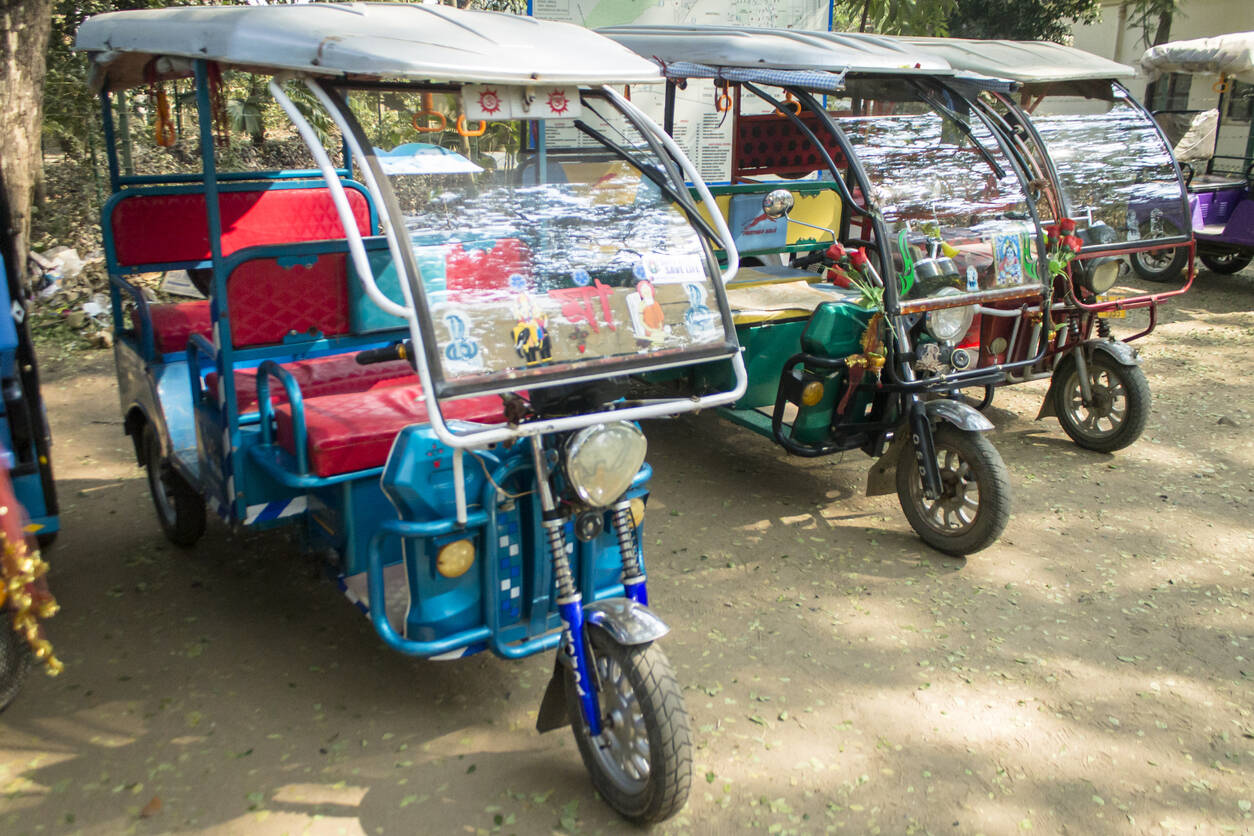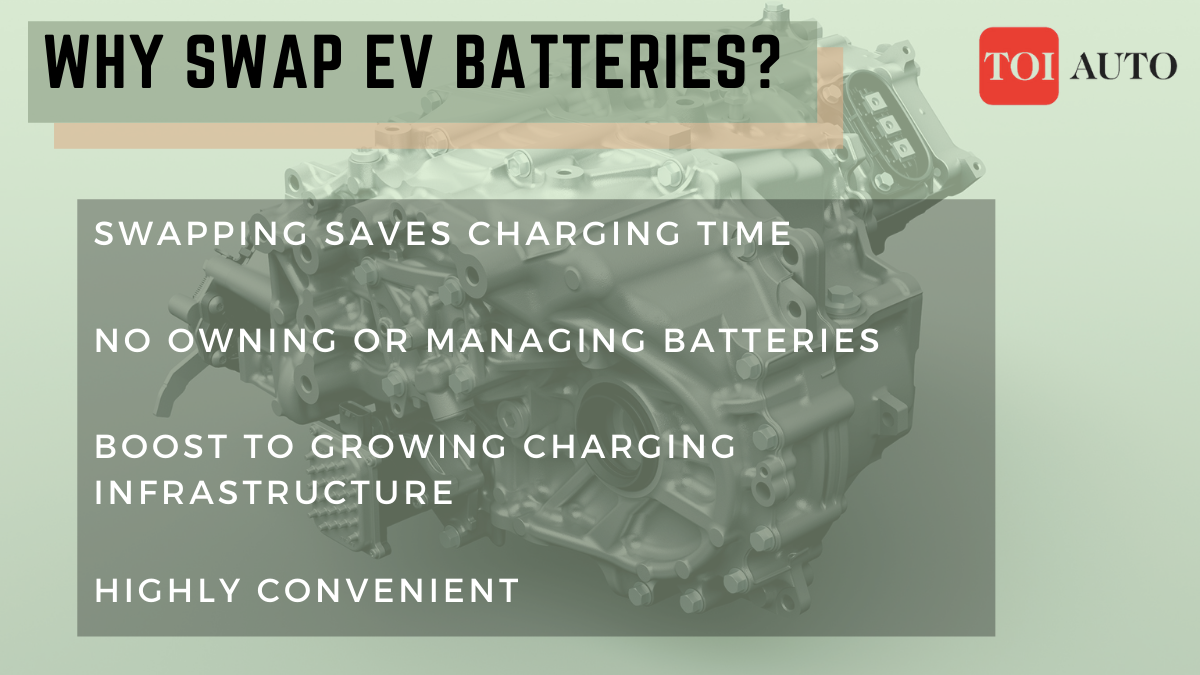
Internal combustion engine vehicles are among the major cause of greenhouse gas emissions globally. In the face of rising awareness about climate change, there is a rush to bring down pollution and focus on clean mobility. To achieve the goal of 30% reduction in air pollution as pledged, India needs to make EVs the mainstay of public commute, especially in the ‘Last-Mile’ Connectivity area.

Last-mile connectivity across India is predominantly managed by shared auto-rickshaws. These prove to be inadequate and contribute significantly towards pollution as well. Conversion of such vehicles into EVs powered by Lithium-ion batteries has the potential of providing clean transport to the masses. Small EVs such as electric rickshaws are essential for sustainable last-mile connectivity and can be effective as small freight vehicles as well.
This awareness of EV benefits has already led to a lot of focus about EV adoption. Central, as well as state governments, are spending on acquiring EV fleets for an official commute. The projections are for the EVs to gain momentum and public adoption similar to the evolution CNG vehicles had witnessed some years ago. In the next ten years, EVs will rise as a part of local fleet operations in the bus, cab and last-mile connectivity solutions.
All these projections related to the imminent rise of the EV ecosystem hinge on the assumption that EVs will be an easy, affordable and non-polluting form of public transportation. However, to actually enable the EV sector live up to that promise, battery swapping services are going to be the key, and their growth is pivotal to the ecosystem.
So far, the growth of EVs has remained inhibited despite the potential and the existence of such vehicles for decades. There are several limiting factors such as limited range, need to charge the vehicle battery for several hours, high cost of vehicle and battery management, as well as lack of adequate charging infrastructure.

This is where battery swapping proves to be advantageous as it eliminates the range anxiety of EV owners. In the normal scenario, as soon as a vehicle’s battery discharges, it needs to be parked and left for charging for a number of hours. In other words, as soon as the battery runs out, the vehicle’s operations for that day end as well. Considering that the battery of an e-rickshaw lasts no more than 80 km of operations, it remains grossly underutilized, and such a limitation makes EVs unviable for fleet owners, cabs and buses etc. However, with battery swapping in place, the driver can drive into a Battery Swapping Station, get the drained battery replaced with a fully charged one in a matter of minutes and again get back on road.
There are other advantages too as the vehicle owners don’t need to own or manage the batteries since this is done by the service providers and the users only pay the rental on monthly or pay-per-use basis. Not owning the battery makes vehicle purchase and ownership up to 40% cheaper for the users, and this can help in boosting the EV adoption.
It is due to all these and many other benefits of Battery Swapping Services which make them a core component of EV ecosystem in India. Even with more than 9 years to go, India had to scale down from the ambitious goal of 100% electric mobility by 2030. The country is now aiming to have 70% of the two/three-wheelers and the public transportation to comprise of EVs by 2030. This clearly indicates that the national focus now has to be on having electric vehicles for public transportation. The road to achieving that goal has certain daunting challenges and battery swapping presents itself as the ideal solution!
ABOUT THE AUTHOR: Akshay Kashyap’s mission is to create an impact on the transition of mobility to a net zero carbon future. He has a vast expertise in the field of clean mobility and CNG components. He is a member of the Advisory Committee of ARAI and also a member of the ACMA-STDC (Automotive Component Manufacturers Association of India – Sustainable Technology Development Committee).
(TOI AUTO Green Talk celebrates the green weekend between June 3 and 5, 2021, bringing to you a cluster of news reports, explainers and interviews on sustainable mobility. Key an eye on the space for more …)